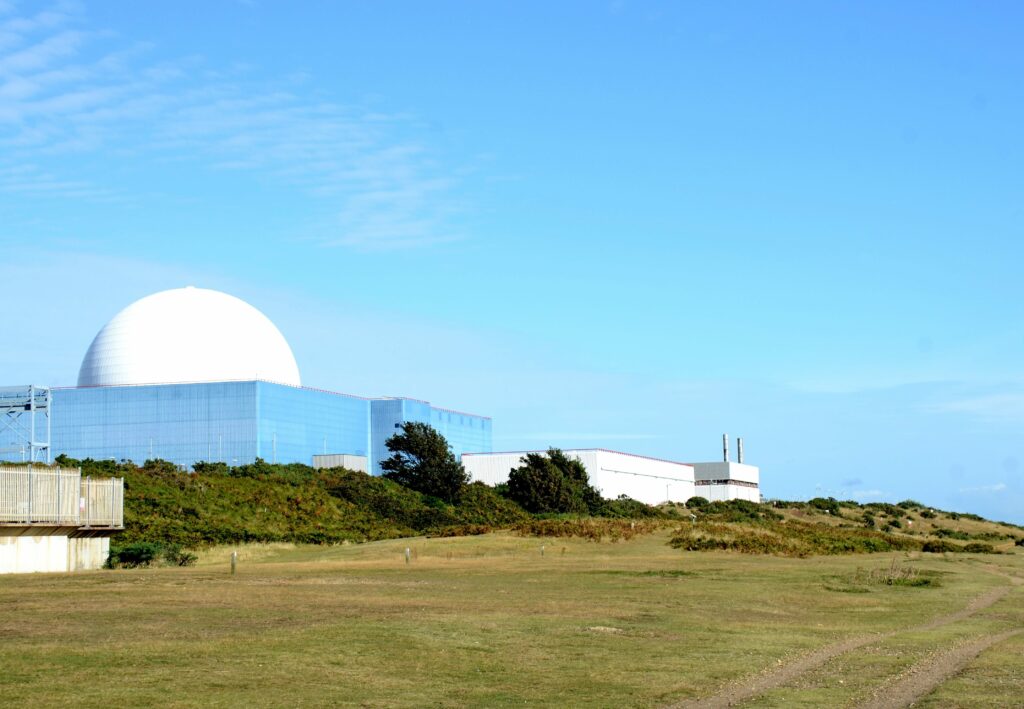EDF’s Sizewell B nuclear power plant is now back to full power, as the UK’s energy demand continues to return to normal.
This follows National Grid ESO agreeing a deal with EDF at the beginning of May for it to halve the generation from the Suffolk based nuclear plant for a period of over 4 months.
When the nationwide lockdown was introduced in March to help tackle the COVID-19 pandemic, electricity demand fell dramatically. With factories, offices, schools and many other buildings shut, demand was 20% below expected levels for much of the lockdown period.
This coincided with one of the highest periods of low carbon generation, with Britain experiencing the sunniest spring on record. This caused solar power generation to have a record breaking period of its own, including hitting a peak generation level of 9.68GW in April.
While the strength of renewables during the period helped to drive down the country’s carbon intensity, when combined with the low demand there were a multitude of challenges for National Grid ESO in keeping the grid balanced.
It introduced the Downward Flexibility Management service – which offers small scale renewable generators additional commercial agreements to reduce their output – and sought Grid Code modifications that confirm its ability to turn down embedded generation.
However, on Friday (25 September), the 1,200MW EDF nuclear plant once again returned to full power as the level of demand in Britain continues to rise, almost hitting 30GW. A recent report from National Grid ESO, showed that while demand predictions continued to be impacted by the COVID-19 pandemic, they were closer in August than they had been since before the lockdown as demand increasingly resembled pre-pandemic levels.
Matt Sykes, managing director for EDF’s Generation business, said the company was pleased to see Sizewell B back at full power “and playing its important role to help Britain achieve net zero”.
“It’s not normally desirable to reduce such a major source of low carbon power, but these are exceptional times and we were pleased to be able to help National Grid ESO deal with the challenges of system stability.”





